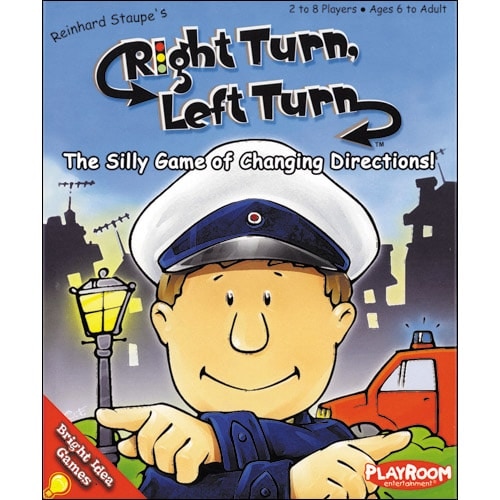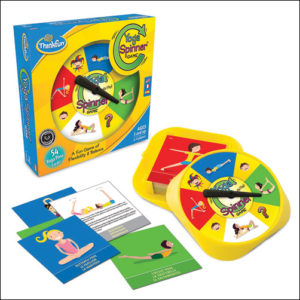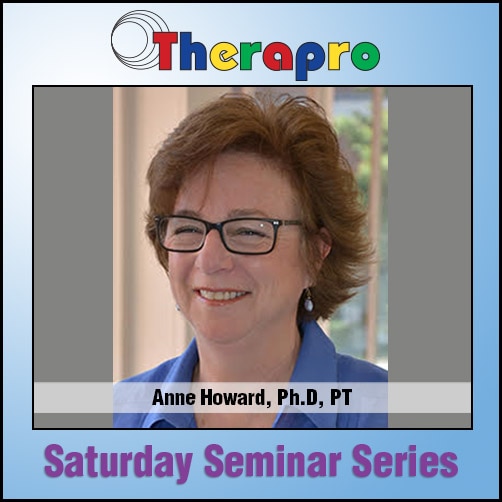The inaugural School-Based Practitioners Summit took place on August 6th and 7th in Columbus Ohio. It attracted almost 600 invigorated attendees and 20 exhibitors, including Therapro. Refreshed from a summer hiatus, therapists and educators launched head first into a diverse selection of workshops presented by a distinguished group of presenters.
Workshops featured vital topics including: sensory regulation, team collaboration, the impact of visual skills on learning, integrating primitive reflexes to improve school function, handwriting success, survival guide for the school therapist, and much, much more!
 The Therapro exhibit was constantly buzzing with attendees searching for the best tools for their school-based practice. Ginger MacDonald, OTR/L, co-author of Self Care with Flair, and I enjoyed greeting the therapists and educators who stopped by to grab a new catalog, discuss products, and say “hello.” It was fun to introduce attendees to games like Letter Treasure Hunt, Novenops, and Right Turn Left Turn. They loved trying out our fidgets including Loopeez, Wristful Fidget, Stretchy String, Tangles and What’Zit Animals. Active movement products like Zoom Ball, Peanut Ball, Thumballs, and the new CanDo Wobble Ball attracted visitors to “try it” and have fun. We couldn’t keep fine motor materials including Self Opening Scissors, Wacky Web, Twist N Write, Progressive Grip Kit, Butter Grip, and Handi-Writer on the shelves. Books that flew off the shelves included: Answers to Questions Teachers Ask about Sensory Integration, Sentence Tracking, Symbol/Letter Tracking, and When Your Child Struggles. Attendees provided great feedback on Therapro products they had used and loved. There was something for everyone!
The Therapro exhibit was constantly buzzing with attendees searching for the best tools for their school-based practice. Ginger MacDonald, OTR/L, co-author of Self Care with Flair, and I enjoyed greeting the therapists and educators who stopped by to grab a new catalog, discuss products, and say “hello.” It was fun to introduce attendees to games like Letter Treasure Hunt, Novenops, and Right Turn Left Turn. They loved trying out our fidgets including Loopeez, Wristful Fidget, Stretchy String, Tangles and What’Zit Animals. Active movement products like Zoom Ball, Peanut Ball, Thumballs, and the new CanDo Wobble Ball attracted visitors to “try it” and have fun. We couldn’t keep fine motor materials including Self Opening Scissors, Wacky Web, Twist N Write, Progressive Grip Kit, Butter Grip, and Handi-Writer on the shelves. Books that flew off the shelves included: Answers to Questions Teachers Ask about Sensory Integration, Sentence Tracking, Symbol/Letter Tracking, and When Your Child Struggles. Attendees provided great feedback on Therapro products they had used and loved. There was something for everyone!
Yoga products were wildly popular. Yoga Bingo and Relaxation Station Photo Booklet were two new products that drew attention because of the beautiful photographs of elementary age students. Yoga & Me Come Be a Tree, by Therapro author Tere Bowen-Irish, OTR/L was a favorite because it depicts yoga poses by an able bodied child and one in a wheelchair, side-by-side.
The SBP Summit was a successful endeavor, chaired by Mike Collins, Executive Director of OSHS (Ohio School Health Services Association), and executed by his enthusiastic, dedicated team! They presented new and seasoned school-based practitioners with a 2-day conference that offered a well-planned selection of intensive sessions. As an exhibitor, our goal was to offer an array of materials for attendees to examine and try out that will help therapists and teachers meet the goals they set for their students for the coming school year.
We enjoyed our fast-paced two days in Columbus. We hope to see you next year!
Filomena Connor, MS, OTR/L
August 14, 2018



